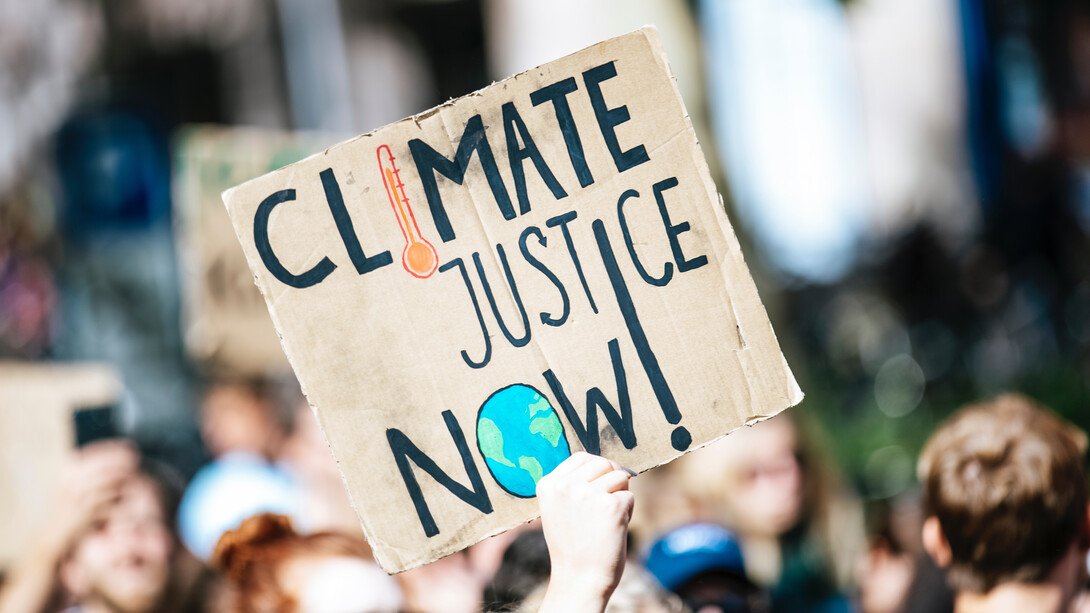One Minute Brief of the Day:
Create posters to encourage Wealthy (G20) nations to make and uphold their commitments to financially support poorer countries who are vulnerable to climate impacts & help them to adapt, save people’s livelihoods and minimise loss of life.
Tweet your entries to @OneMinuteBriefs with the hashtags #COP27 #AdaptationIsEveryonesBusiness #AfricanCOP
Remember to include your Twitter handle in the bottom right-hand corner of your submissions! Enter as many times as you like. Deadline 6pm GMT.
Prizes:
1st Place: £150 cash!!
2nd Place: £50 cash!!
Context
Governments from around the world are gathered in Egypt this week and next week to negotiate a deal on climate change. One of the things they're discussing at this UN conference - called COP27 - is whether or not rich countries should give countries already feeling the worst impacts of climate change money to help them adapt, save people’s livelihoods and minimise loss of life. You can learn more about adaptation here.
Historically, rich countries are responsible for the highest global emissions, resulting in the climate change impacts we are seeing today, yet poor countries are often the most affected. Yet to date, the money pledged by rich countries to poor countries is significantly lower than what those countries really need to adapt. And to make matters worse, commitments made previously at COP26 are yet to be achieved.
Adaptation is everyone’s business. The citizens of the UK and other wealthier countries also stand to gain from poorer countries adapting as supply chains become stabler. Record drought in China this year froze international supply chains for cars and electronics.
We therefore want to send a clear message to the governments of the richest G20 countries gathered in Egypt: you have a huge opportunity this week and next week to reduce human suffering on a large scale by signing a deal pledging money to poorer countries to adapt to climate change, and by actually paying the money pledged in the past.
What is Adaptation Finance
Money that is needed to enable people and countries experiencing the worst climate changes impacts (droughts, floods, heatwaves) to be able to adjust and survive these effects. They have to change their way of life and live within the new changing environment and this needs money.
Examples of these include:
Distribution of more climate resilient seeds, irrigation plants and technology.
Roads and bridges built or adapted to withstand higher temperatures and more powerful storms
Why can’t they afford to fund their own adaptation?
Most vulnerable countries are tied down in debt and it’s cheaper for rich countries to borrow (1-4% interest, while the poor countries borrow at 14%)
Rich nations developed by exploiting fossil fuels largely (industrialisation), which has contributed the most to the climate impacts, so they are largely responsible for the need to adapt in the first place
You can use these key messages if you wish in your entries:
There needs to be an Adaptation finance deal African COP (COP27). This is the year of an African COP, and African nations are on the climate frontline (experiencing some of the worst droughts, cyclones etc). COP27 is an opportunity to agree on a new deal on climate and development between wealthy nations and Africa and LDCs
Adaptation is an urgent economic necessity. Adaptation investments are essential to keep the global economy from tipping over: if rich nations fail to invest in poorer countries this will impact growth and supply chains, that will also affect cost of living and commodities in their countries. In a globalised economy no-one escapes when extreme weather hits.
Developed countries may think they’re immune to climate disasters, they’re not and neither are their economies. Abandoning climate finance doesn’t mean escaping climate impacts.
What goes on in Pakistan, does not stay in Pakistan … developing countries were promised $40bn by 2025 to invest in adaptation. If you live in London, Paris or New York, climate impacts in one part of the world still affect you.
We must see a shift in funding/finance in 2022. Investment in climate adaptation as a percentage of GDP across Africa is rising, while financing to turn these plans and strategies into action isn’t following. International adaptation finance flows to developing countries are 5-10 times below estimated needs and the gap is widening.
Investing in adaptation may seem expensive, but the costs of inaction are far greater.
Examples
"If you live in London, Paris or New York, climate impacts in one part of the world still affect you", (supply chain disruption leading to increased costs, etc.)
A bad flood in India means you pay more for rice.
The semiconductor that powers🔌 your computers and phones, the coffee☕️ that keeps us awake, #climatechange might just take that away from us
Funding a sea wall in Bangkok? That might just prevent your next Iphone📱 to be 190% more expensive💸. The 2011 Bangkok floods caused the prices of semiconductors to skyrocket🚀
Making developing countries more resistant to floods is key to preserving your food and beverages



